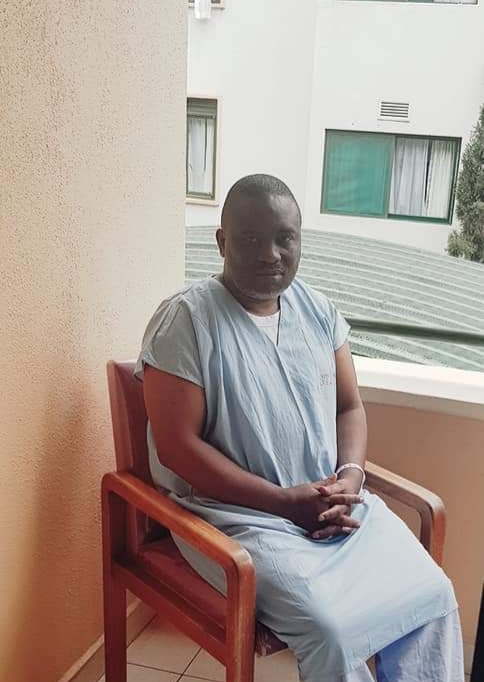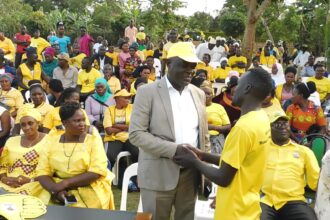As Uganda prepares for another critical election, it’s essential to reflect on the achievements of President Yoweri Museveni’s government over the past four decades. As a leader who has consistently demonstrated his commitment to Uganda’s development and sovereignty, President Museveni deserves another term in office.
One of President Museveni’s most significant achievements has been his economic transformation of Uganda. When he took office in 1986, the country was facing severe economic challenges, including a dilapidated infrastructure and a stagnant economy. To address these challenges, President Museveni implemented various economic reforms, including structural adjustment programs and policies recommended by the World Bank and IMF. These reforms included privatization, retrenchment, demobilization, and liberalization, which helped to stimulate economic growth and attract foreign investment. The currency devaluation in 1988 was another critical step in stabilizing the economy. These reforms were not popular, but they were necessary to lay the foundation for Uganda’s economic growth and development.
In addition to his economic achievements, President Museveni has also played a crucial role in Uganda’s political development. He organized the National Resistance Council, which laid the groundwork for the country’s transition to democracy. The Constituent Assembly in 1994 and the promulgation of the Constitution in 1995 were significant milestones in Uganda’s history. The restoration of democracy through a popular vote in 1996 marked the beginning of a new era of political stability and development.
President Museveni’s government has also implemented various social programs aimed at improving the lives of Ugandans. The introduction of Universal Primary Education (UPE) in 1997 has been a game-changer in increasing access to education. The restoration of traditional rulers, who were abolished by Dr. Apollo Milton Obote in 1967, has also helped to promote cultural heritage and national identity.
The modernization of the country has been a key focus area for President Museveni’s government. The professionalization of the army has helped to maintain security and stability, while various anti-poverty eradication programs have been implemented to address poverty and inequality. The Parish Development Model (PDM) is a flagship program aimed at promoting socio-economic transformation at the grassroots level.
President Museveni has also been a strong advocate for Pan-Africanism, promoting unity and cooperation among African countries. His leadership in regional and international organizations has helped to promote Uganda’s interests and contribute to global peace and stability.
In conclusion, President Museveni’s achievements over the past four decades demonstrate his commitment to Uganda’s development and sovereignty. His economic reforms, political stability, social programs, and Pan-Africanist ideology make him an ideal candidate for another term in office.
Lets protect the gains as we look into a qualitative leap into the high middle income status.it’s clear that President Museveni’s continued leadership will be essential in building on the progress made so far. His vision for a transformed Uganda, where citizens enjoy peace, prosperity, and dignity, is one that resonates with many Ugandans. With his leadership, we can confidently face the challenges of the future, knowing that our country is in capable hands.
My experience working with President Museveni’s government has shown me the leader’s dedication to public service and national development. As Deputy RCC Kawempe Division, i look forward to continuing serving the people of Uganda under President Museveni’s leadership in 2026 and beyond
The writer is the Deputy RCC Kampala city – Kawempe Division
Do you have a story in your community or an opinion to share with us: Email us at Submit an Article







